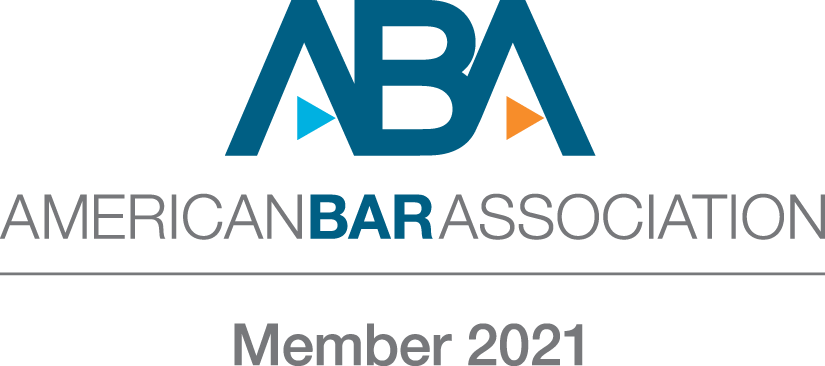Bankruptcy
For a lot of people, there is quite a bit of confusion surrounding bankruptcy and what it really means. There is also confusion about which type of bankruptcy is right for people. It’s important to understand that bankruptcy can be filed by both individuals and by companies or other organizations. Bankruptcy serves as a way for companies or individuals that are unable to pay their debts a way to get past this. Filing for bankruptcy, in many cases, either see assets sold off to pay off debts or a repayment plan established to repay debts. Let’s take a look at the different types of bankruptcies and who should for which one according to a chapter 7 bankruptcy lawyer.
Which Bankruptcy is For Who?
There are 2 different bankruptcy types that are filed by individuals that go by the name of Chapter 7 and Chapter 13. Chapter 7 and Chapter 13 bankruptcy are both filed by individuals but have a key difference that separates them. Chapter 7 is the ‘liquidation’ bankruptcy where individuals sell off assets to repay debts. They generally are able to keep things that they primarily need like a car or a house but this is not always the case. Chapter 13 differs from chapter 7 in that the debtor is placed on a 3-5 year debt repayment plan that is established with creditors. A certain monthly amount will be found that the person can repay that is based on their income and other factors.
Other Types of Bankruptcy
There are 3 other types of bankruptcy that are used by companies, local governments, or other organizations. A Chapter 9 bankruptcy is filed by municipalities in financial trouble. This could be for cities, school districts, townships, or counties and has them work with creditors to have a repayment plan established. Chapter 12 is used by fishermen and Farmers. They can keep their assets without having to liquidate them but are placed on a repayment plan by creditors with certain stipulations. Chapter 11 is used by companies and other organizations to reorganize and restructure the company’s debt and finances. They can continue operating but must follow the rulings and guidelines of the repayment plan laid out by creditors.
Are There Negative Aspects of Filing For Bankruptcy?
There are certain negative consequences that may arise from going into bankruptcy. If a major company has to file for chapter 11, then the associated fees with filing for this type may be quite high. Individuals filing for bankruptcy will have a hard time being approved for a loan and if they do get approved for a loan, they will be hit with a quite high APR. Other negative consequences may also occur like certain creditors continuing to bother debtors over repayment for years. For assistance with bankruptcy-related matters or to learn more about how a professional can help, consider reaching out to a lawyer for help.

